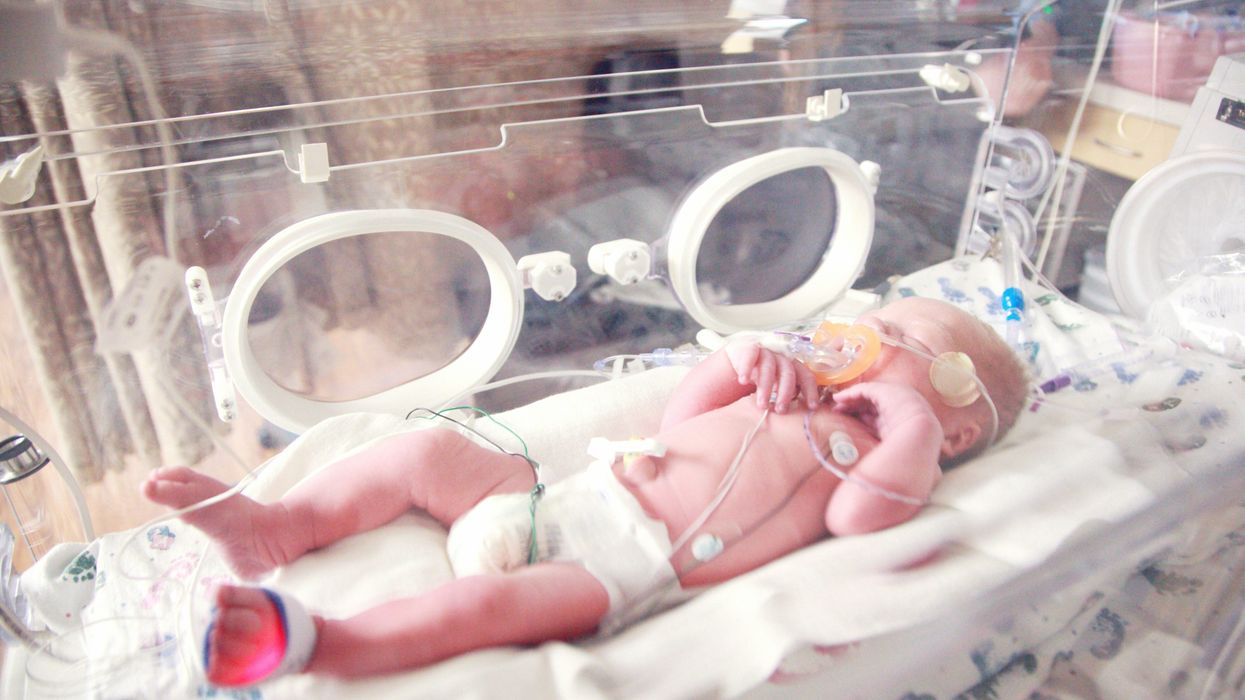Medical equipment and procedures used in neonatal intensive care units may increase infants’ exposure to harmful chemicals, according to a new study published in BMC Pediatrics.
In short:
- Babies who had spent time in the NICU tested positive for BADGE, a chemical related to BPA with many harmful health impacts.
- BADGE is frequently used in medical equipment, such as syringes, catheters, and ventilators.
- While there are laws in Europe regulating the presence of BADGE in food, there are no restrictions on its use in medical devices.
Key quote:
“As infants are vulnerable to damage due to being in a state of remarkably rapid growth and development, it is necessary to assess the impact of BADGE… on children.”
Why this matters:
BADGE and related chemicals are associated with a host of damaging effects, including endocrine disruption and toxicity to cells. Despite this, they’re used widely in food packaging, paints, clothing and textiles. The authors of this study call into question whether BADGE can be used safely and highlight the need for more research to determine the extent of exposure in infants and children.
Related EHN coverage:
- How BPA and its evil cousins dodge meaningful regulation
- What will it take to give babies a phthalate-free start in the world?
Kuwamura, Mami et al. for BMC Pediatrics vol. 24. Jan. 8, 2024

















